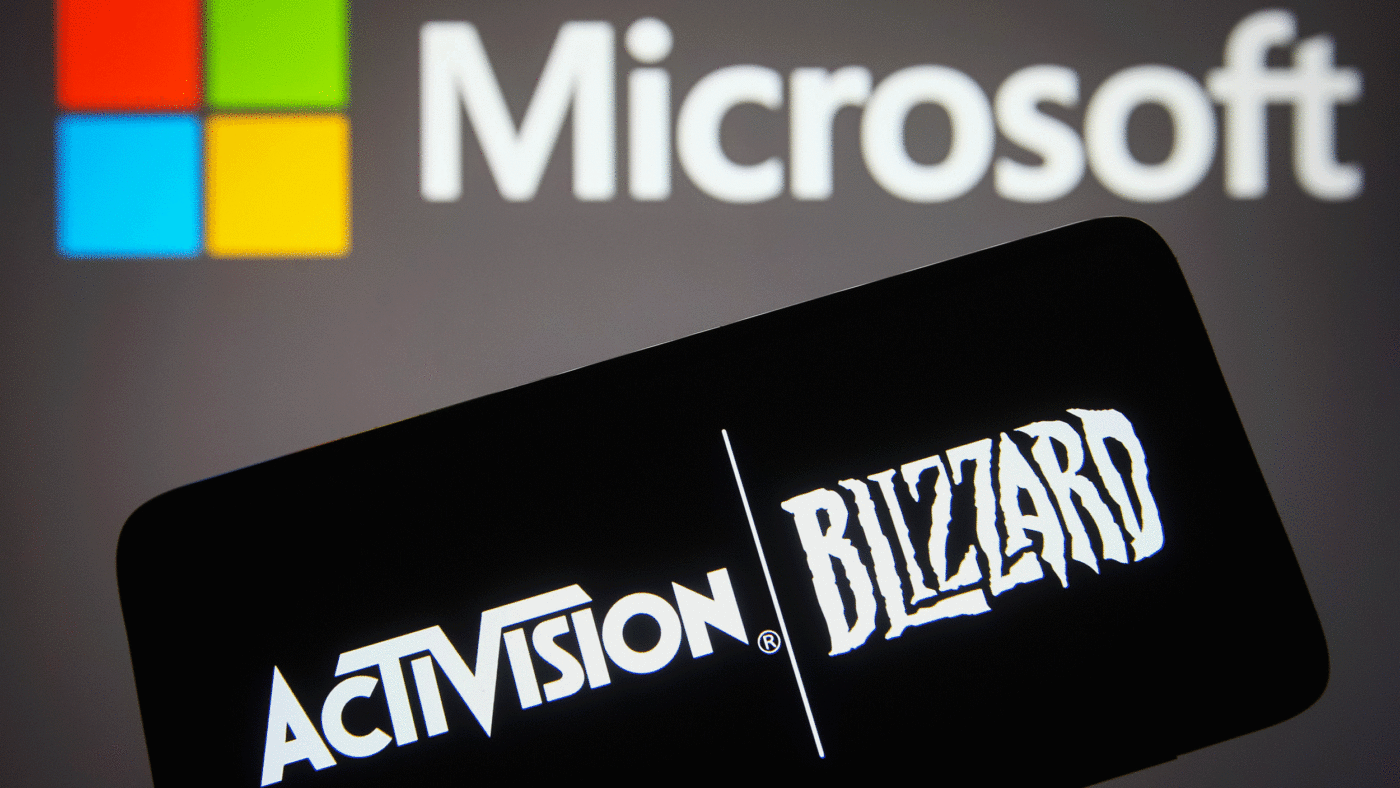Yesterday, the Prime Minister gushed over the UK’s ‘globally renowned video games industry’, writing that the industry is ‘attracting investment, creating skilled jobs and opening up opportunities for growth’. Given recent news about the Competition and Markets Authority (CMA) blocking Microsoft’s acquisition of Activision Blizzard, it is fair to assume that not everyone in gaming is as enthusiastic about the prospects of the industry as Rishi Sunak. The CMA’s ban of the acquisition is sadly only the latest example of MPs and regulators acting contrary to the government’s pro-tech and pro-growth rhetoric.
It comes a few months after the CMA blocked Meta’s purchase of Giphy. Unfortunately for American technology companies, British regulators intervening in their business plans seems to be something of a trend.
If the Activision Blizzard £55bn acquisition had gone ahead it would have been the largest such purchase in the history of gaming. Given that both Microsoft and Activision Blizzard have condemned the CMA’s actions you can be forgiven for asking, ‘Who benefits from the CMA’s decision?’ According to the CMA’s flawed reasoning, the answer is the gaming industry and gamers.
They claim that the acquisition would have resulted in consumers enjoying less choice and innovation. One of CMA’s main concerns was the continued development of cloud gaming, which allows gamers to play games without having to buy specific consoles or desktop computers. Microsoft had sought to reassure the CMA, but apparently to no avail. According to the CMA, ‘The cloud allows UK gamers to avoid buying expensive gaming consoles and PCs and gives them much more flexibility and choice as to how they play. Allowing Microsoft to take such a strong position in the cloud gaming market just as it begins to grow rapidly would risk undermining the innovation that is crucial to the development of these opportunities’. In other words, they were concerned that the deal would reinforce Microsoft’s dominance in cloud gaming by giving it control of Activision Blizzard’s incredibly popular content, like Call of Duty.
But we should not forget that market leaders are not monopolies, and new games are created all the time. Gaming companies other than Microsoft would have incentives to innovate and deliver new products had the Microsoft-Activision merger been approved.
Activision issued a statement, reading in part, ‘We will reassess our growth plans for the UK […] Global innovators large and small will take note that – despite all its rhetoric – the UK is clearly closed for business’. Microsoft’s president stuck the knife in, saying, ‘There’s a clear message here – the European Union is a more attractive place to start a business than the United Kingdom’.
Can you blame him? The Government’s rhetoric on technology is great, but actions speak louder than words. Regulators such as CMA seem intent on stifling innovation by blocking American technology companies from acquiring one another. Meanwhile, the Government is pushing for legislation like the Online Safety Bill and the Digital Markets, Competition and Consumers (DMCC) Bill. Both threaten technology firms with eye-watering fines (10% of global annual turnover), and the Online Safety Bill is likely to pass with provisions that could end up sending senior managers to prison. The government should not be surprised if technology executives at home and across the Atlantic are shaken by this week’s events and if British consumers start feeling the effects of their anxiety.
Click here to subscribe to our daily briefing – the best pieces from CapX and across the web.
CapX depends on the generosity of its readers. If you value what we do, please consider making a donation.


